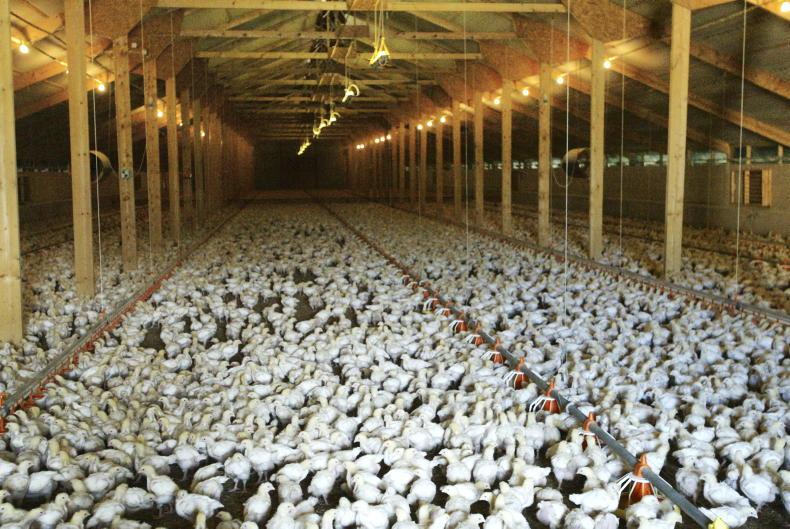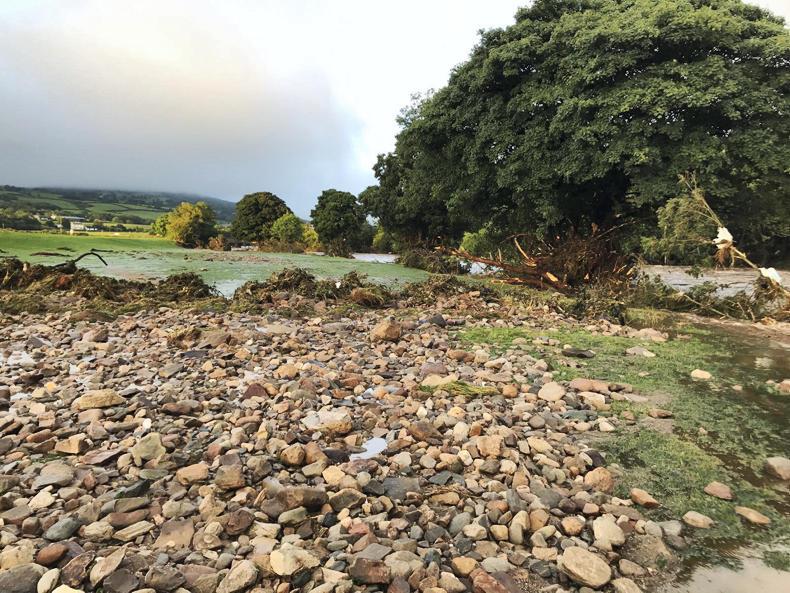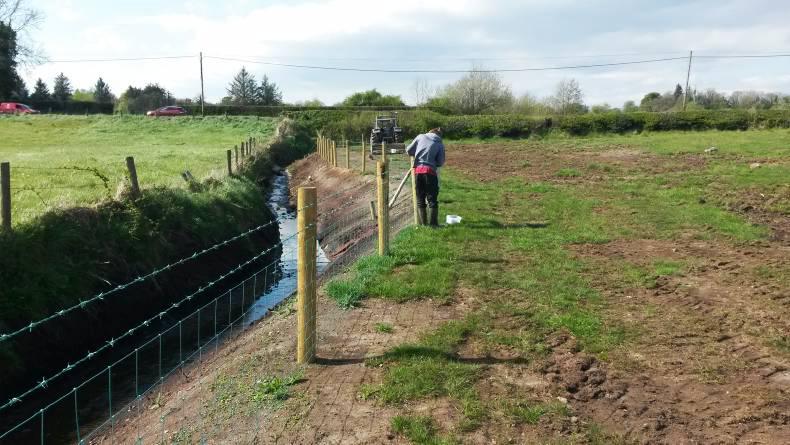A consultation has now closed on DAERA plans to implement a new Review of Decisions procedure for area-based schemes in NI, starting for claims made in 2017.
Under the system available up to 2016, farmers who received penalties due to issues such as ineligible land, could appeal their case to DAERA. The first stage involved a review of the case by DAERA officials. If not resolved, an applicant could then move to a second stage review, where the original decision was assessed by an independent panel.
However, the entire process could take several years, and even if the panel ruled in favour of the applicant, DAERA reserved the right not to accept the panel’s recommendation. Where this happened, and DAERA stuck to its original decision, it has caused much frustration for the farmers involved.
Once the DAERA review process is complete, and if the applicant is still not satisfied, their remaining options are either to go to the NI Public Services Ombudsman (if they believed DAERA had not followed proper procedure) or to court by way of a judicial review (on a point of law). As highlighted in the recent Ulster Farmers’ Union case against DAERA involving penalties given to its former president Ian Marshall, this can be a very expensive option, especially if you lose.
Drop stage two
The proposal put forward by DAERA is to drop this second stage review process, and replace it with a “more comprehensive, robust and interactive single stage review process”. The Department argues that this will greatly speed up the review process, and points out that only 10% of cases that went to an independent panel at stage two, resulted in any significant material benefit to the applicant.
However, there remains concern that a lack of independent scrutiny of decisions within a new system ultimately is not to the benefit of farmers. “I believe the current system is flawed, and what is proposed seems worse,” commented one local farmer who has been through the review process after contesting a reduction on his payments due to ineligible land.
In his case, the independent panel ruled in his favour, only for that decision to be over-ruled by DAERA.
The other issue of concern at present is the nature of the consultation just undertaken by DAERA (closed on 4 August).
It asked industry for their views against six consultation questions, including whether respondents believe the new process will be faster, and whether a nominal fee should be charged.
It didn’t ask whether an independent panel from outside of DAERA should be retained to review cases. On that issue, it looks like DAERA has already taken a decision.








SHARING OPTIONS